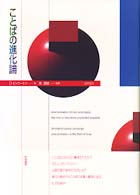Full Description
This book constitutes the refereed proceedings of the 36th IFIP WG 6.1 International Conference on Testing Software and Systems, ICTSS 2024, held in London, UK, during October 30-November 1, 2024.
The 17 full papers and 5 short papers included in this book were carefully reviewed and selected from 40 submissions.








